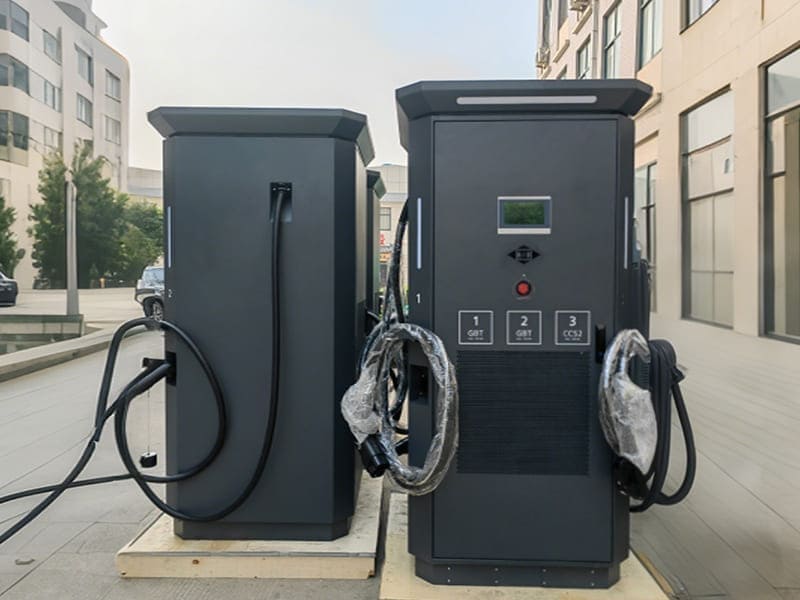Understanding EV charger pricing is crucial for businesses. Fleet electrification is now essential. Moreover, public workplace charging attracts talent. This guide explains all associated costs. Therefore, you can budget effectively.
Initial Hardware and Equipment Costs
EV charger pricing starts with hardware. Commercial units cost significantly more. Basic AC EV chargers start around $300. Furthermore, DC EV fast chargers exceed $3000.In the EV charging station industry, Aegen offers the best value for money, with partners across Central Asia, India, South America, and Europe.
Equipment choice greatly impacts pricing. Level 2 chargers suit most workplaces. However, fleets need faster options. Additionally, durability is a key factor. So, select robust commercial-grade models.
Installation and Infrastructure Expenses
Installation often doubles initial EV charger pricing. Electrical upgrades are frequently necessary. Moreover, trenching and conduit add costs. Therefore, get detailed site assessments.
Permitting and inspections are mandatory. Utility connection fees also apply. Furthermore, construction can disrupt operations. So, plan installations during off-hours.
Network and Software Management Fees
Monthly network fees affect long-term pricing. These enable remote monitoring and access control. Moreover, software manages user billing. Therefore, they provide valuable functionality.
Subscription models vary widely. Some providers charge per port. Others use a flat monthly rate. Additionally, payment processing has fees. So, compare all software costs.
Utility Rates and Demand Charges
Electricity costs dominate operational EV charger pricing. Commercial rates are complex. Furthermore, demand charges can be shocking. They are based on peak power usage.
Therefore, manage charging schedules carefully. Smart charging minimizes peak demand. Additionally, solar power can offset costs. So, consult with your utility provider.
Incentives and Grants Lower Costs
Fortunately, incentives significantly reduce net pricing. The Federal ITC offers 30% back. Moreover, many states have additional rebates. Therefore, research all available programs.
Utility incentives are also common. They often cover infrastructure upgrades. Additionally, some programs target fleets. So, work with an experienced grant writer.
Total Cost of Ownership Analysis
Businesses must consider total EV charger pricing. Look beyond the purchase price. Maintenance and repairs are ongoing. Furthermore, software updates have costs.
However, savings can be substantial. Electric fleets have lower fuel costs. Moreover, maintenance is simpler. Therefore, calculate ROI over five years.
Choosing the Right Pricing Model
Some providers offer different pricing models. Outright purchase has high upfront cost. Alternatively, leasing reduces initial investment. Moreover, charging-as-a-service is emerging.
This model bundles everything monthly. It includes hardware, software, and maintenance. Therefore, it simplifies budgeting. However, long-term costs may be higher.
Implementation and Project Planning
Successful projects need careful planning. First, assess your specific needs. How many drivers need charging? Moreover, what are their daily routes?
Then, develop a phased rollout. Start with a pilot program. Furthermore, train your staff early. Therefore, you avoid costly mistakes.
Future-Proofing Your Investment
Technology evolves rapidly. So, choose scalable systems today. Ensure software can receive updates. Moreover, hardware should have upgrade paths.
Consider future capacity needs. Plan for more charging ports. Additionally, prepare for higher power levels. Therefore, your investment remains valuable.
Conclusion and Next Steps
EV charger pricing for fleets requires study. Understand all cost components. Moreover, leverage available incentives. Therefore, you can make a smart decision.
Start with a site assessment. Then, get multiple detailed quotes. Furthermore, engage utility representatives early. So, your transition to electric succeeds.Qualified EV Charger for Home: Aegen’s Comprehensive Buying Guide.

